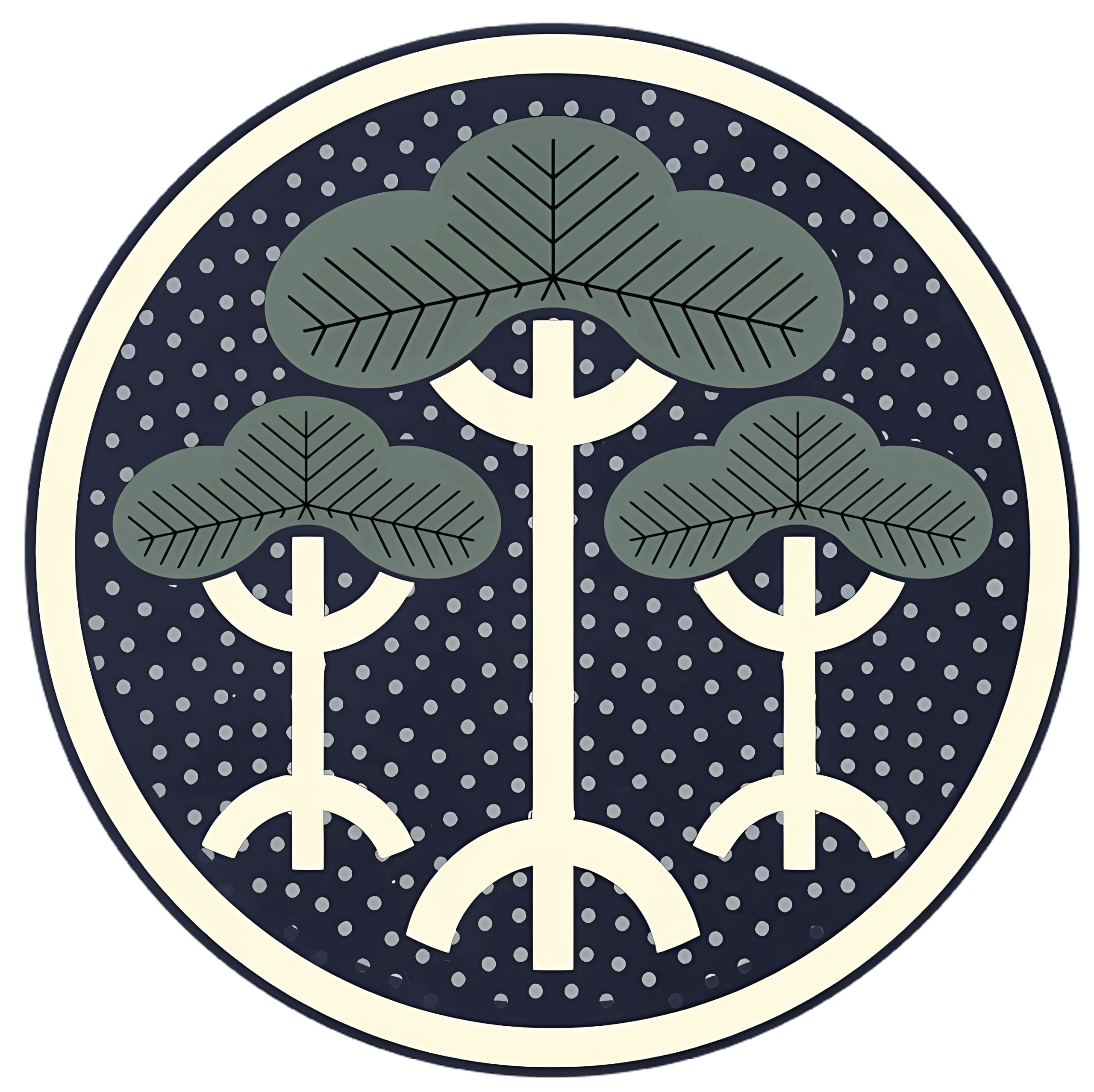Bio

Short bio
ART MIKI is author of the two most recent books Road to Justice (juvenile) 2025 and Gaman – Perseverance; Japanese Canadians’ Journey to Justice 2023.
He was a teacher, elementary school principal, community leader, citizenship judge and a human rights activist. He spent many years teaching people of all ages about the Japanese experience in Canada. As principal, he was inspired to help his students learn about and fight racism.
As president of the National Association of Japanese Canadians, he helped negotiate the Japanese Canadian redress agreement with the Canadian government for the violation of basic rights of its citizens during World War II. In 1988, Art signed the agreement with Prime Minister Brian Mulroney.
Art was president on the Japanese Cultural Association of Manitoba, founder of the Asian Heritage Society, and advisor to the Canadian Race Relations for over 20 years. He was on the community advisory council for Landscapes of Injustice project with University of Victoria.
He is a recipient of the Order of Canada, Order of Manitoba and Order of the Rising Sun from government of Japan. He lives in Winnipeg and is married with three children and three grandchildren.
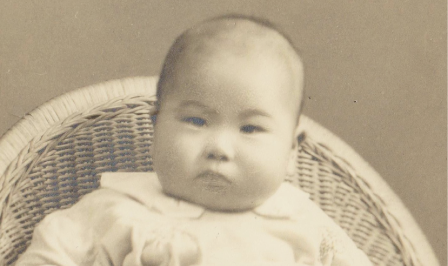
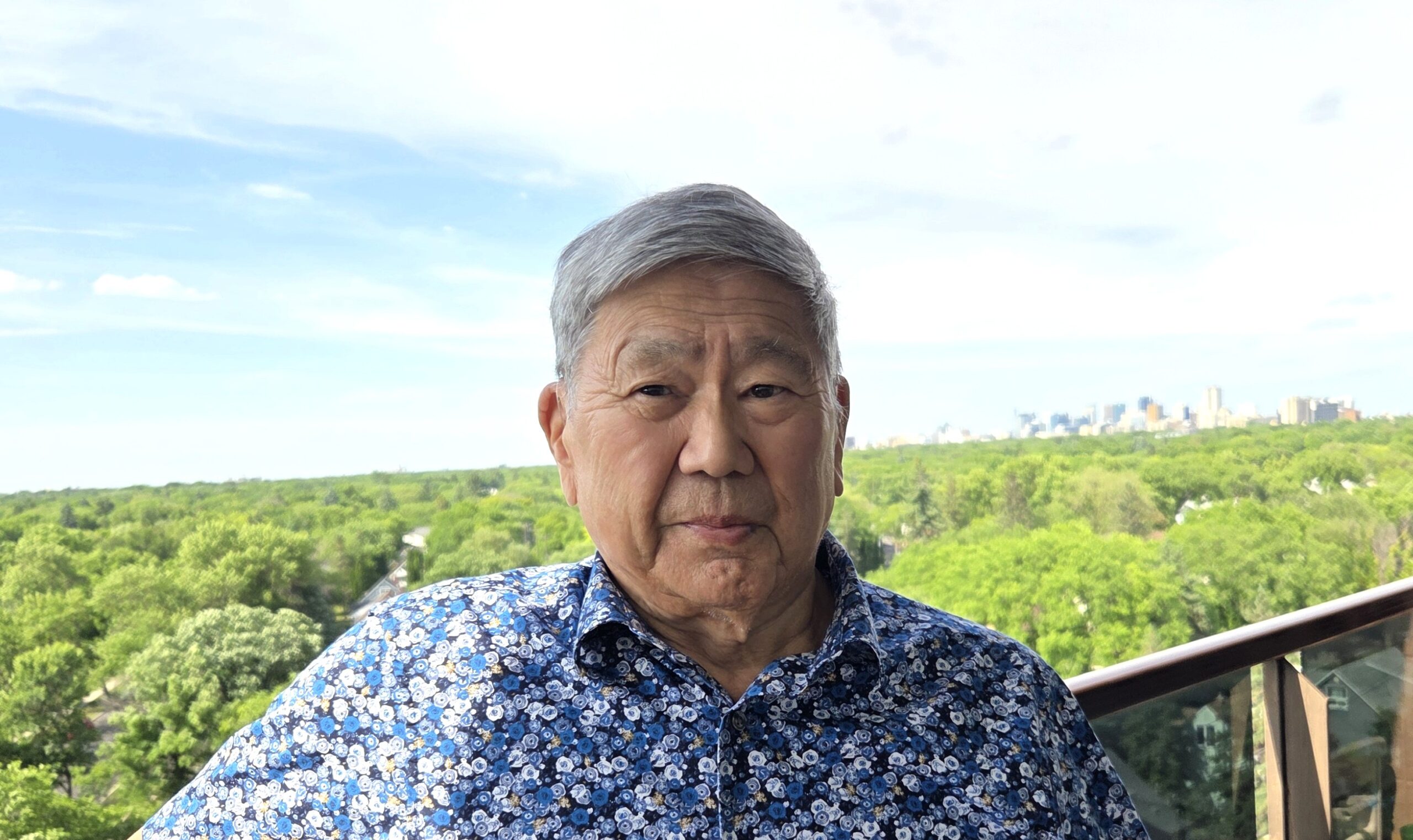
Art (Arthur K.) Miki,
C.M., O.M.
Awards and Recognition
- Order of Canada 1991
- Honourary Doctorate Degree, University of Winnipeg 2001
- Order of Manitoba 2012
- Lifetime Achievement Award, Canadian Race Relations Foundation 2014
- Harmony Award, Transformation Institue and Silver Trust Media 2016
- Order of the Rising Sun with Gold Rays (Japan) 2017
- Honourary Doctorate, St. John’s College, University of Manitoba 2022
- Winner of the Japan – Canada Book Award 2024
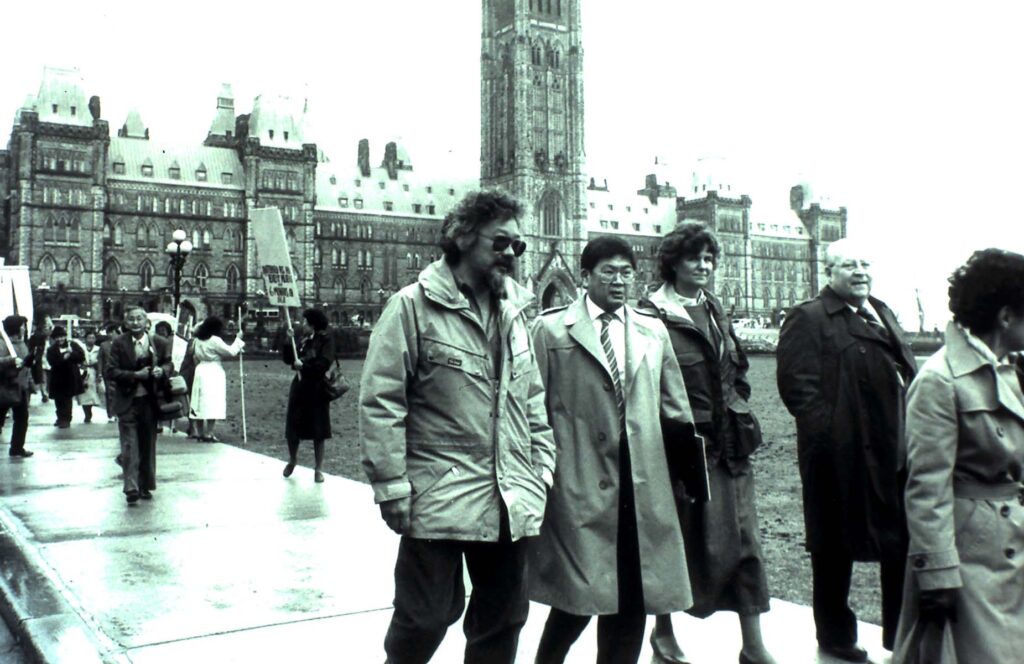
Long bio
Art (Arthur K.) Miki, C.M., O.M.
Art Miki’s memoir Gaman – Perseverance: Japanese Canadians’ Journey to Justice (2023) and his recent book for the younger audience Road to Justice (2025) both describes his early life, growing up in Manitoba and involvement in achieving justice for the Japanese community in Canada.
Art Miki has had a distinguished career as an author, speaker, educator, community leader and human rights activist. He has worked to promote improved race relations and to increase awareness of human rights issues in Canada.
Born in Vancouver, British Columbia, he was five years old when his parents and grandparents were part of the 22,000 Japanese Canadians forcibly removed by the government from the West Coast. In May 1942 his family was relocated from Haney, British Columbia to Manitoba to work on the sugar beet farm in Ste. Agathe, a French speaking community forty kilometres south of Winnipeg. After two years on the farm, the family moved to North Kildonan and eventually settled in Winnipeg where Art received his formal education.
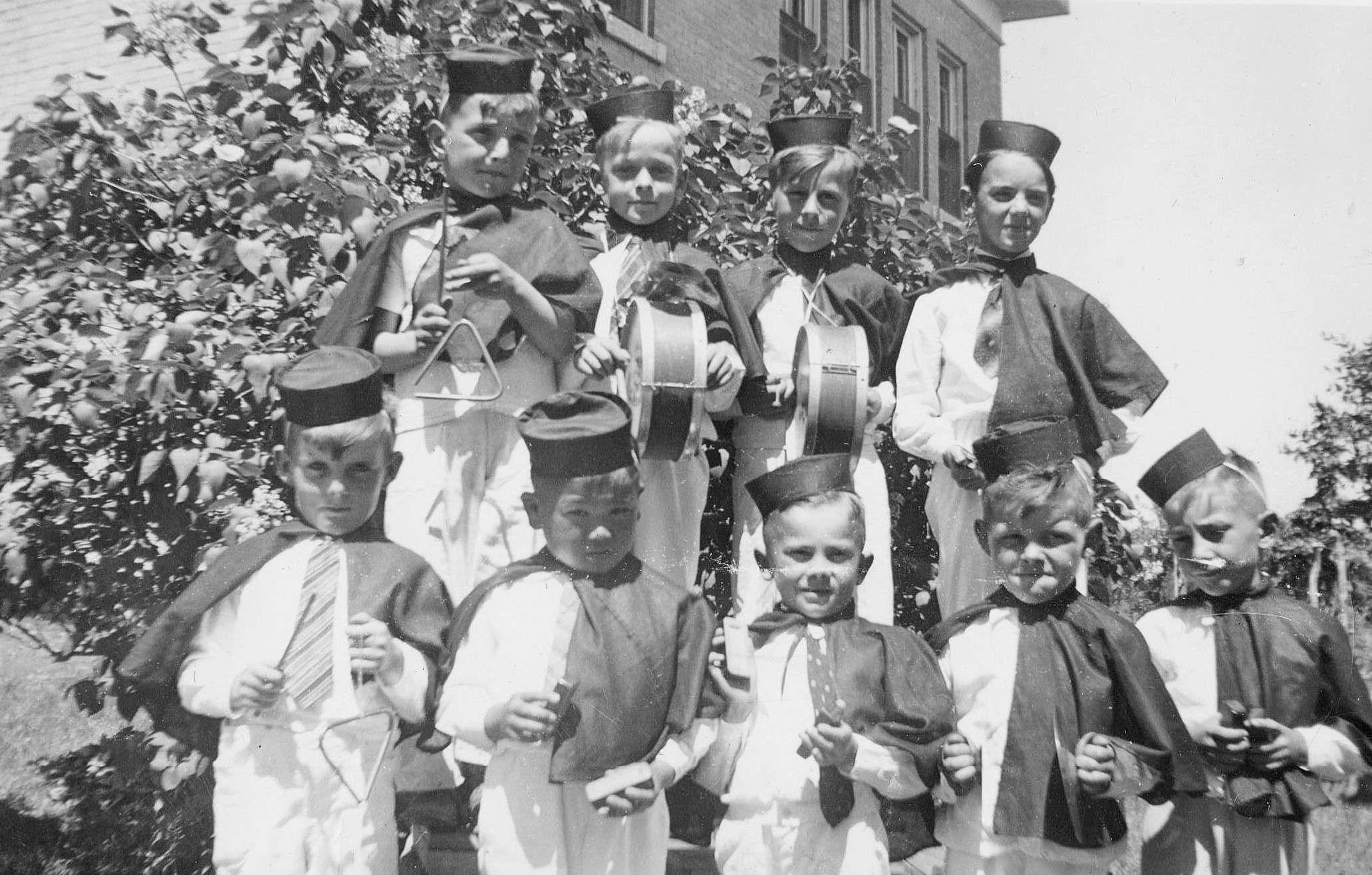

Art graduated from the Manitoba Teachers College in 1963, embarking on his career as a teacher. He attended the University of Winnipeg where he received a Bachelor of Science (1968) degree and the University of Manitoba for his Bachelor of Education (1969) and Master of Education (1975) degrees. He was an elementary school teacher and later served as principal in several schools over a period of 18 years. He retired from education in 1993.

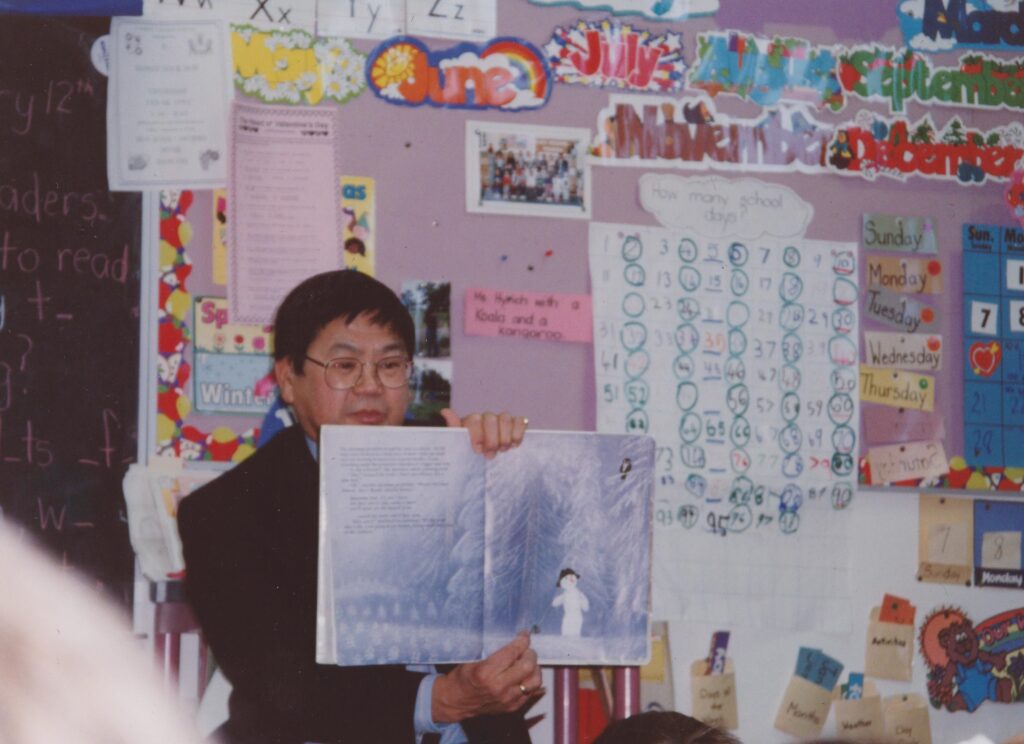
Art was an active leader for Japanese Canadians having served as president of the National Association of Japanese Canadians from 1984-1992. He led the negotiations for a just redress settlement achieved on September 22, 1988 for Japanese Canadians interned during the Second World War. He was a director on the Japanese Canadian Redress Foundation (CRRF) that was established in 1989 to administer the $12 million fund as part of the redress settlement. The creation of CRRF was one of the terms of the Japanese Canadian redress agreement. From 1996 to 2024, Art served as its the vice-chairperson and advisor.
As a community leader, he served as president of the Manitoba Japanese Canadian Citizens’ Association, president of the Japanese Cultural Association of Manitoba and president and founder of the Asian Heritage Society of Manitoba responsible Asian Heritage Month activities in Manitoba. He represented the Japanese Canadian community at the national level on the Canadian Multiculturalism Council, a federal advisory body to the Minister of Multiculturalism, director on Canadian Ethnocultural Council, treasurer for the Visible Minority Council on Labour Force Development. Art served on the Manitoba Intercultural Council, an advisory body to the Provincial Government, the Board of Regents for University of Winnipeg and Prairie Theatre Exchange. He was member of the Community Advisory Council on the Landscapes of Injustice project conducted by the University of Victoria on the uprooting and dispossession of Japanese Canadians in the 1940s.
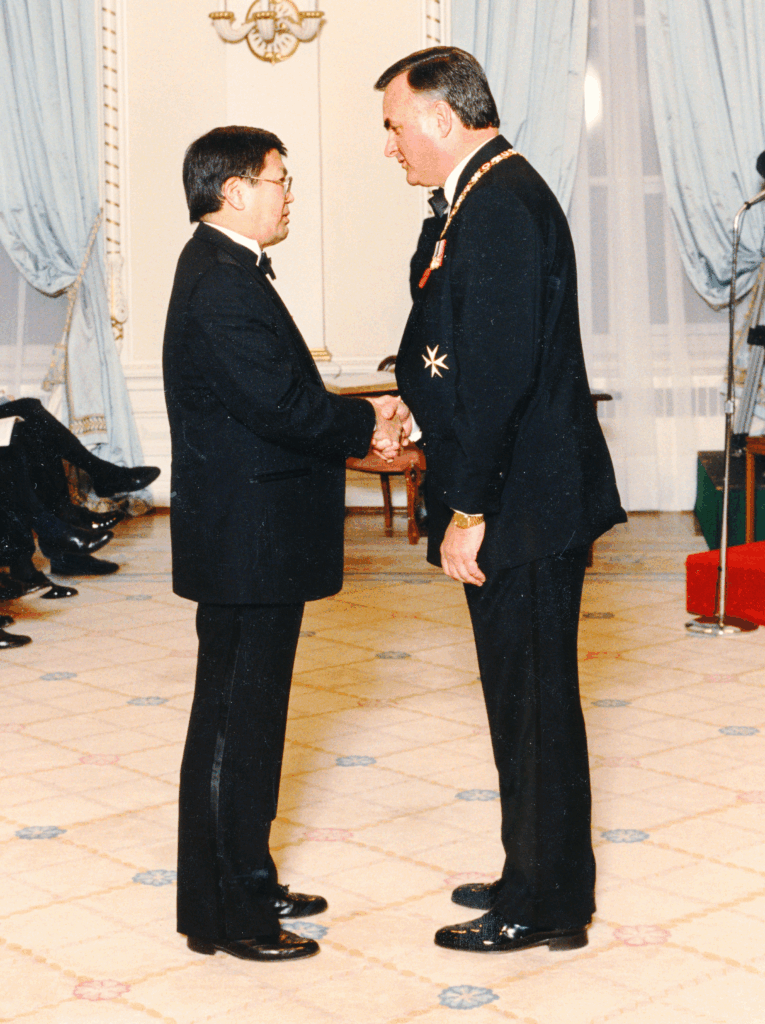
In 1993, Art gained political awareness through the redress campaign and ran as a Liberal candidate in the Winnipeg -Transcona riding in the 1993 federal election. Unfortunately, he lost by a margin of a mere 200 votes to the incumbent preventing him from becoming the first Japanese Canadian elected to the Canadian Parliament.
Art dedicated a considerable amount of time in promoting positive race relations and greater understanding between peoples. Education is a passionate interest. He has been a speaker at many conferences in North and South America and Japan on the experiences of Japanese Canadians, racism and human rights. He has shared his stories with university and elementary and high school students. His book Road to Justice is provides insights for elementary children.

Also, he is the author of two other books; Japanese Canadian Redress Legacy: A Community Revitalized (2003) and co-author of Shaku of Wondrous Grace: Through the Garden of Yoshimaru Abe (2007). Art was Citizenship Judge for Manitoba and Saskatchewan from 1998 to 2008. He was a part time lecturer at the University of Winnipeg, Faculty of Education until 2014.
Art leads an active life. He is very sports minded and played hockey for the River Heights Oldtimers team for over 30 years and attends the Reh Fit fitness centre faithfully for the past 32 years. He lives in Winnipeg, is married with three children and three grandchildren.

Director of the Japanese Canadian Redress Foundation (CRRF) that was established in 1989 to administer the $12 million fund as part of the redress settlement.

Art was an active leader for Japanese Canadians having served as president of the National Association of Japanese Canadians from 1984-1992. He led the negotiations for a just redress settlement achieved on September 22, 1988 for Japanese Canadians interned during the Second World War. He was a director on the Japanese Canadian Redress Foundation (CRRF) that was established in 1989 to administer the $12 million fund as part of the redress settlement. The creation of CRRF was one of the terms of the Japanese Canadian redress agreement. From 1996 to 2024, Art served as its the vice-chairperson and advisor.
